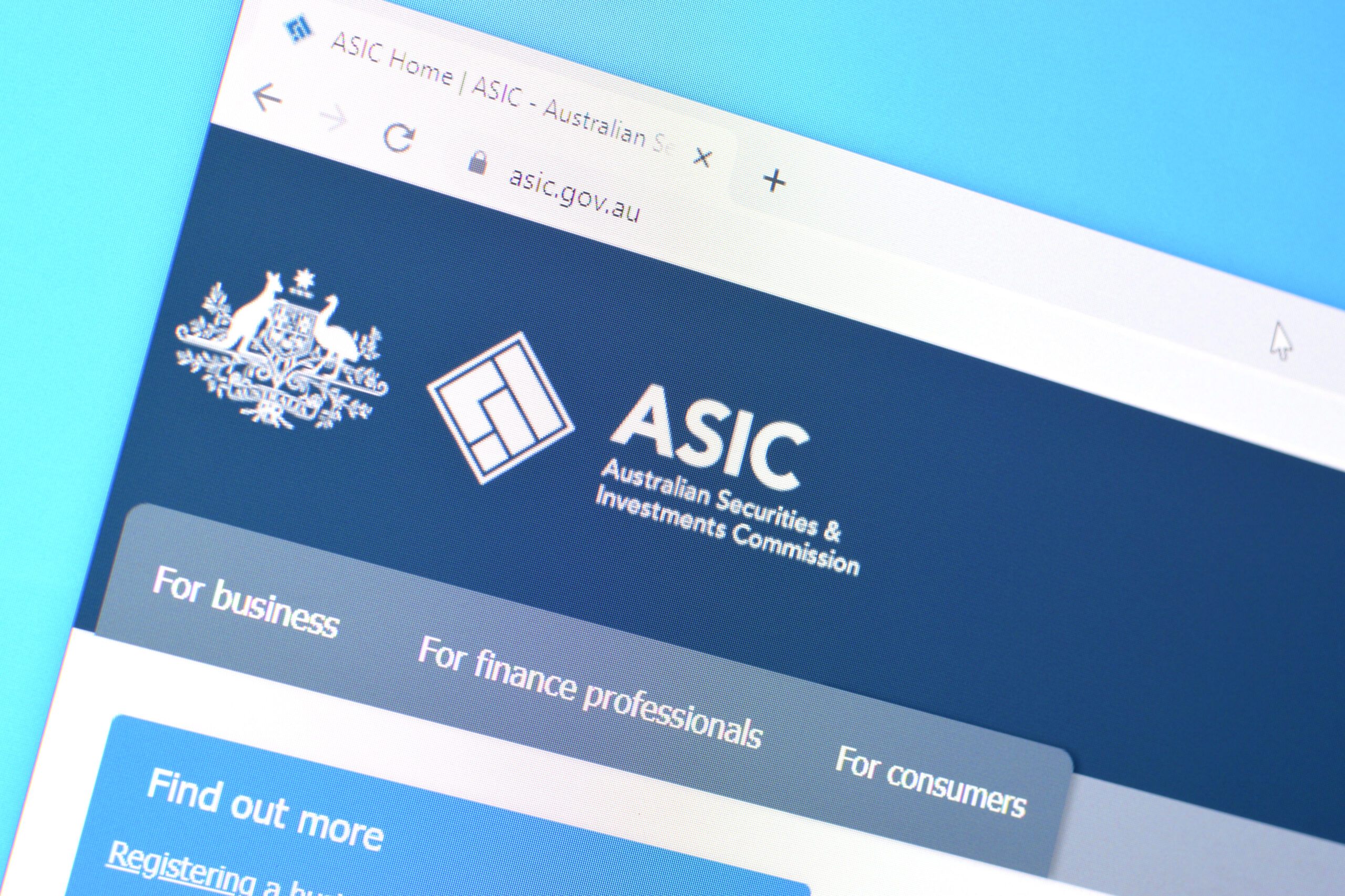On 30 September 2025, the Australian Securities and Investments Commission (ASIC) released a landmark report, Accounting for your super: ASIC’s review into the financial reporting and audit of super funds (REP 816).
The findings were clear. While superannuation remains one of Australia’s greatest financial strengths, the quality of financial reporting and auditing across the sector needs to improve, particularly around valuation practices.
This should ring alarm bells for every trustee and adviser. Confidence in super relies on accurate reporting and truly independent audits. Without them, the trust that underpins retirement savings for millions of Australians begins to weaken.
Superannuation: A System Built on Trust
Australia now holds almost $4.3 trillion in superannuation assets under management, making it the fourth-largest pension pool in the world (APRA, June 2025). It is an extraordinary achievement, but with that scale comes greater responsibility.
ASIC highlighted this well:
“For members, confidence in the quality of audited financial reports underpins confidence in the accuracy of information about the superannuation funds that safeguard their retirement savings.” (REP 816, p.3)
When trustees and auditors perform their roles well, members can feel confident that their money is secure and being managed wisely. When they do not, the entire system risks losing credibility.
What ASIC Found
ASIC’s review of 60 super fund financial reports and audit files from five major audit firms revealed significant weaknesses.
Valuation practices
Many trustees relied too heavily on redemption prices from external managers without verifying whether those prices reflected fair value. ASIC noted:
“Superannuation trustees and auditors should be doing more so that valuations of assets in financial reports are reliable and give members confidence in their investments.” (REP 816, p.5)
Transparency
The quality of disclosures varied widely. In some cases, expenses such as sponsorships and advertising were not reported separately. ASIC reminded trustees that these costs may still be qualitatively material to members, even when the amounts are small.
Audit shortcomings
Four of the five audit firms did not gather enough evidence to support valuations of unlisted investments. Instead, they relied on information from fund managers without sufficient testing.
Taken together, these findings are a clear warning. ASIC summed it up bluntly:
“When trustees and auditors do not perform their roles as gatekeepers adequately, there is a risk that asset values could be misstated. As a result, stakeholder confidence could be undermined.” (REP 816, p.3)
Independence and Conflicts
Alongside the technical issues, ASIC also raised concerns about auditor independence. This is not new. Previous reviews have highlighted the risks when auditors juggle multiple roles or treat independence as a “tick-the-box” exercise.
The key issue is simple, an auditor cannot act as both adviser and reviewer. When firms provide other services to the same trustees they audit, objectivity and scepticism can be compromised. ASIC called for stronger quality management and clearer separation of duties to prevent conflicts and protect public trust.
Unfortunately, not all firms have taken this message seriously.
For SMSF trustees, the lesson is clear. Using your own accountant, or someone closely aligned with them, for your fund’s audit can be risky and may even breach independence standards.
Why Independence Matters
This is where an independent SMSF audit becomes essential. An audit is not a formality, it is a safeguard. Members need to know their auditor is free from conflicts of interest and willing to challenge assumptions, particularly with complex or unlisted investments.
For self-managed super funds, the risks are just as real. Property holdings, private equity, and related-party transactions all require careful, unbiased scrutiny. With the ATO increasing its focus on SMSF audit independence, trustees who treat audits as a routine exercise could be exposing themselves to compliance issues.
How National Audits Group Helps
At National Audits Group (NAG), independence is not just a rule, it is a core principle. We do not divide our focus between advisory services and audits. We specialise solely in audits, giving trustees and advisers confidence in an objective, transparent review of their funds.
We test valuations thoroughly, insist on clarity in reporting, and apply the professional scepticism that regulators and members expect.
For accounting firms, partnering with NAG also resolves the independence challenge. You can continue advising your clients while entrusting their SMSF audits to a qualified, conflict-free team.
A Wake-Up Call for Trustees and Advisers
ASIC’s message is simple, standards must improve. Trustees need stronger governance, auditors must gather more robust evidence, and members should expect greater transparency.
For SMSF trustees and advisers, this is not about ticking boxes. It is about protecting members’ wealth and maintaining trust in the super system. Choosing an independent, specialist audit firm is the simplest way to achieve both.
Looking Ahead
ASIC has made it clear that its monitoring of super fund audits will continue through 2026. Enforcement action is on the table for serious breaches, and expectations are rising.
The good news is that trustees and accounting firms who work with truly independent audit specialists can not only meet these higher standards but also inspire confidence among their members.
At National Audits Group, we are proud to support SMSF trustees and accounting firms across Australia. In a time of greater scrutiny, our independence, experience, and commitment to audit quality provide the assurance that matters most.
Gansen Pappiah, Director, National Audits Group
References:
Further Reading:
SMSF Auditor Compliance Checklist 2025

